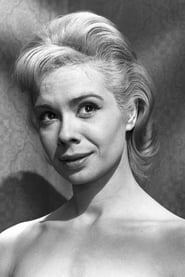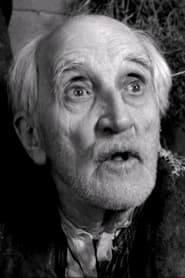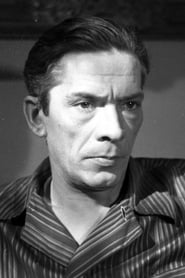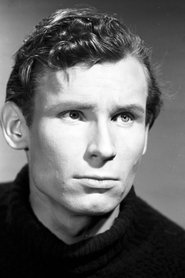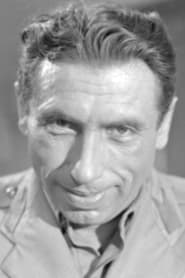
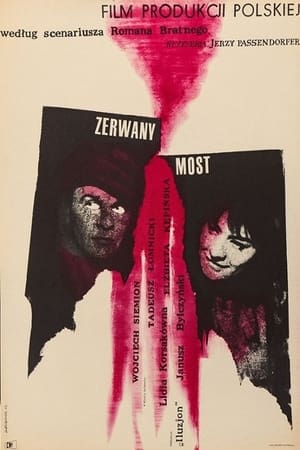
The Lost Bridge(1963)
Lieutenant Mosura fights the groups of the Ukrainian Insurgent Army. Suddenly, he manages to capture and eliminate its commander. Several years passed. The lieutenant is accused of collaborating with the insurgents, because he took part in several terrorist operations in order to gain their trust.
Movie: The Lost Bridge

Zerwany most
HomePage
Overview
Lieutenant Mosura fights the groups of the Ukrainian Insurgent Army. Suddenly, he manages to capture and eliminate its commander. Several years passed. The lieutenant is accused of collaborating with the insurgents, because he took part in several terrorist operations in order to gain their trust.
Release Date
1963-03-22
Average
0
Rating:
0.0 startsTagline
Genres
Languages:
УкраїнськийPolskiKeywords
Similar Movies
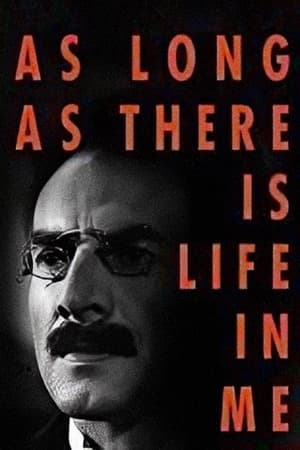 10.0
10.0As Long as There’s Life in Me(de)
This is part one of a two-part biopic about Karl Liebknecht. In 1914, Germany is arming itself for war. Karl Liebknecht, left-wing revolutionary Social Democrat, workers’ leader and a virulent antimilitarist, is one among 110 SPD members of Parliament who vote against approving war loans. From then on, he is considered un-German and a traitor to the fatherland, and his own party’s leadership turns against him. Despite threats, Liebknecht speaks up against the war and writes the manifesto “The Main Enemy Is at Home.” Even when he is arrested and charged with treason, he does not surrender.
 7.2
7.2Baaria(it)
Giuseppe Tornatore traces three generations of a Sicilian family in in the Sicilian town of Bagheria (known as Baarìa in the local Sicilian dialect), from the 1930s to the 1980s, to tell the story of the loves, dreams and delusions of an unusual community.
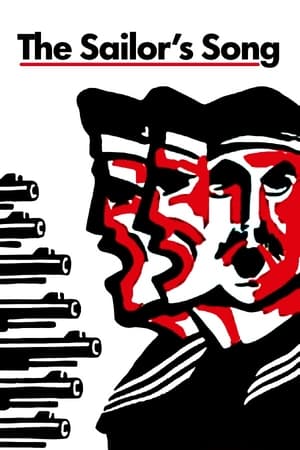 6.5
6.5The Sailor’s Song(de)
A film about the historical uprising of the seamen in Kiel: During the Russian October Revolution of 1917, German and Russian soldiers start to solidarize with each other. By disarming the officers, machinist Henne Lonke and stoker Jens Kasten prevent the attack on a Russian freighter. When German admiralty gives out orders for operation "Nibelungen", which would lead the German fleet into a suicidal attack against England and quell the revolutionary spirit, seamen and soldiers from different political backgrounds unite in protest.
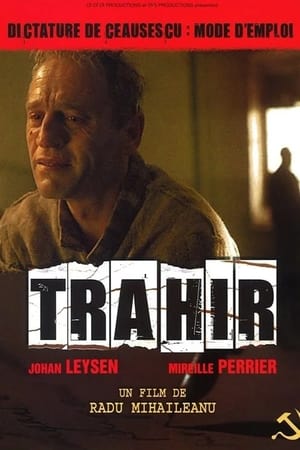 6.6
6.6Betrayal(ro)
After the war, in Bucharest, a young Romanian poet arrested for having written an article denouncing Stalinist crimes, will save his life by accepting to become a hostage of the regime.
 7.5
7.5The Killing Fields(en)
New York Times reporter Sydney Schanberg is on assignment covering the Cambodian Civil War, with the help of local interpreter Dith Pran and American photojournalist Al Rockoff. When the U.S. Army pulls out amid escalating violence, Schanberg makes exit arrangements for Pran and his family. Pran, however, tells Schanberg he intends to stay in Cambodia to help cover the unfolding story — a decision he may regret as the Khmer Rouge rebels move in.
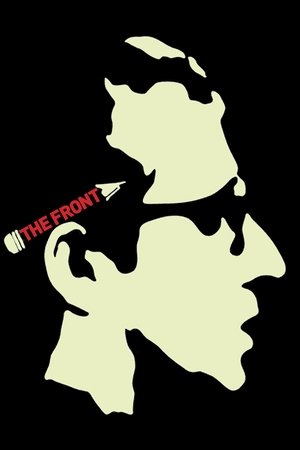 7.0
7.0The Front(en)
A cashier poses as a writer for blacklisted talents to submit their work through, but the injustice around him pushes him to take a stand.
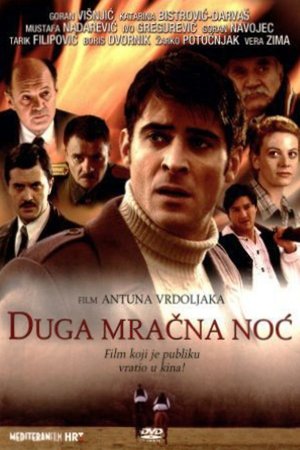 6.4
6.4Long Dark Night(hr)
"Long Dark Night" follows the life of the fictional character Iva Kolar: his experiences as a Croatian University student, his role as a Partisan fighting Hitler's troops during W.W. II, his involvement in his nation's post-war government, and his eventual downfall.
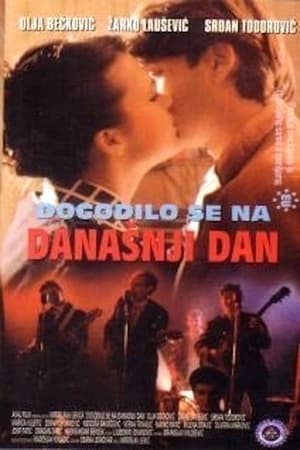 6.3
6.3It Happened on This Very Day(sh)
Belgrade in 1963. In a yard surrounded by buildings, a group of young people of different backgrounds and social status, but of similar views about love and self-affirmation, spend their time together. Their friendship is dyed with various events typical for socialism, such as working actions or Youth Day's parade. All what happens within this yard may become an allegory of one generation's destiny.
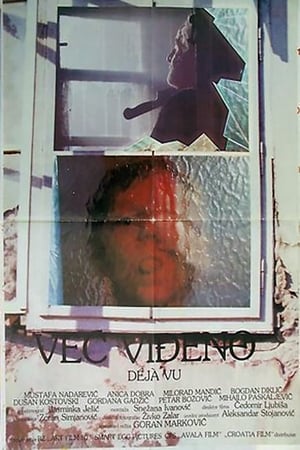 6.7
6.7Reflections(sh)
Mihajlo, an introvert piano teacher starts romance with a pretty careerist who teaches modeling at the university in Belgrade where they both work. His feelings are awakened after a long period, but this relationship makes him see the flashbacks, as well as yet unseen images that remind him of his troubled childhood - as if he experienced this already. When their university wins a contest to hold public TV performance, Mihailo fails to play the piano on the decisive night and she dumps him. The boiling point is about to come.
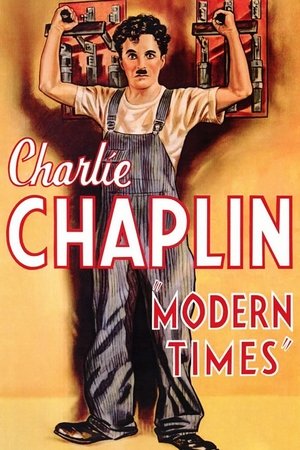 8.3
8.3Modern Times(en)
A bumbling tramp desires to build a home with a young woman, yet is thwarted time and time again by his lack of experience and habit of being in the wrong place at the wrong time..
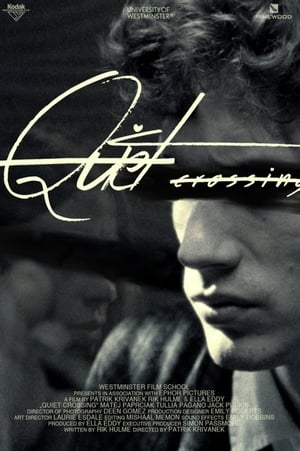 10.0
10.0Quiet Crossing(en)
45,000 sections of reinforced concrete - three tons each. Nearly 300 watchtowers., over 250 dog runs, twenty bunkers. Sixty-five miles of anti-vehicle trenches—signal wire, barbed wire, beds of nails. Over 11,000 armed guards. A death strip of sand, well-raked to reveal footprints. 200 ordinary people shot dead following attempts to escape the communist regime. 96 miles of concrete wall. Families divided, loved ones lost…
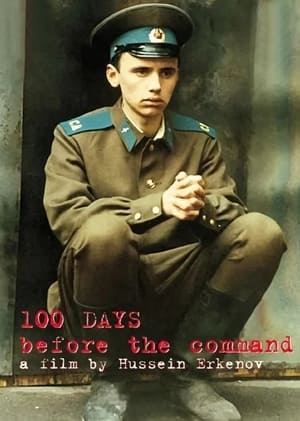 4.9
4.9100 Days Before the Command(ru)
Visually astonishing, erotically charged and emotionally jarring. '100 Days Before the Command' is Hussein Erkenov's courageous and stinging indictment of communism. Five young Red Army recruits struggle for survival against the merciless violence that surrounds them on a daily basis. Their only means of saving their dignity is by preserving the humanity and compassion they share for each other.
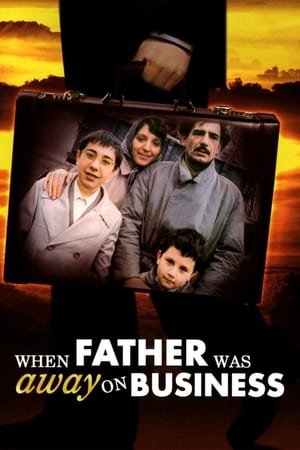 7.3
7.3When Father Was Away on Business(sh)
Tito's break-up with Stalin in 1948 marked the beginning of not only confusing, but also very dangerous, years for many hard-core Yugoslav communists. A careless remark about the newspaper cartoon is enough for Mesha to join many arrested unfortunates. His family is now forced to cope with the situation and wait for his release from prison.
 5.1
5.1Sakhavu(ml)
Comrade Krishna Kumar wants to make it big in politics but lacks the ideals a sakhavu should possess. He is ruthless enough to even get rid of friends who might be possible hurdles on his way up. His paths cross with that of a veteran comrade, sakhavu Krishnan and the film depicts how his life influences Krishna Kumar.
 7.1
7.1Strawberry and Chocolate(es)
Set in 1979, following a young Communist man's relationship with a gay Catholic writer, exploring tolerance, inclusion, homophobia and challenging its Cuban audience with great humour. Based on the short story by Cuban writer Senel Paz.
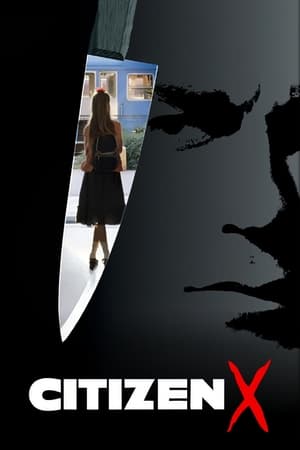 7.2
7.2Citizen X(en)
Based on the true story of a Russian serial killer who, over many years, claimed victim to over 50 people. His victims were mostly under the age of 17. In what was then a communists state, the police investigations were hampered by bureaucracy, incompetence and those in power. The story is told from the viewpoint of the detective in charge of the case.
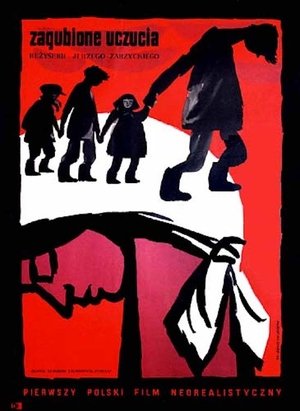 5.0
5.0Lost Feelings(pl)
One day in the miserable life of a female factory worker and single mother of four children. One of her sons - ridiculed by his peers - leaves home and gets into trouble.
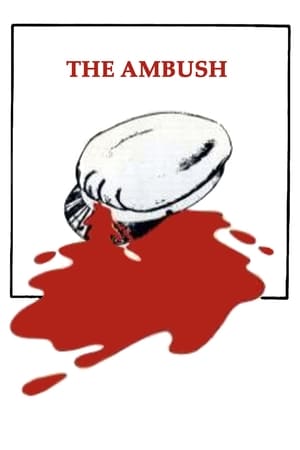 5.6
5.6The Ambush(sh)
Idealistic young man supports the party and the new Yugoslavia's communist regime, but soon gets involved in various political and criminal machinations becoming more and more confused about what's right and what's wrong.


